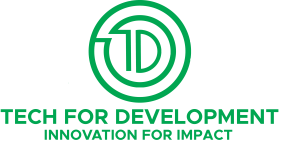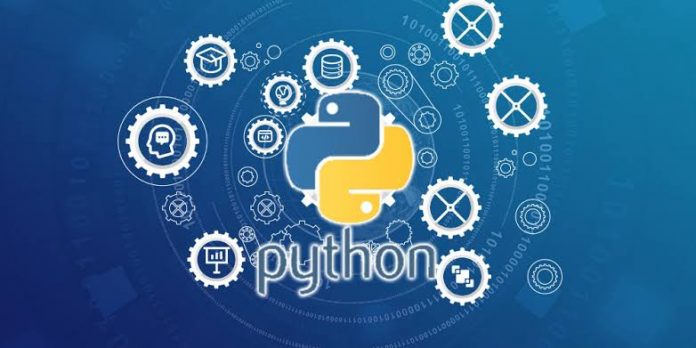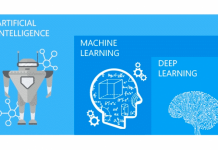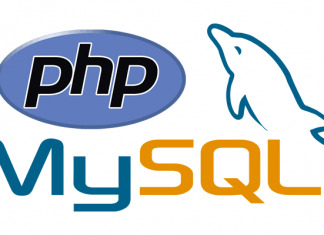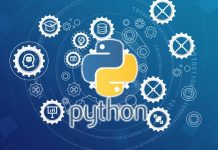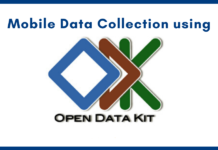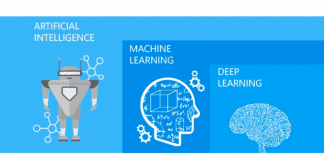Registration
Machine Learning is a subset of AI. With Machine Learning, computers are programmed to learn to do something they are not programmed to do: They literally learn by discovering patterns and insights from data. In general, we have two types of learning, supervised and unsupervised.
It is an area of artificial intelligence and computer science that includes the development of software and algorithms that can make predictions based on data. The software can make decisions and follow a path that is not specifically programmed. Machine learning is used within the field of data analytics to make predictions based on trends and insights in the data.
Machine learning brings together computer science and statistics to harness that predictive power. It’s a must-have skill for all aspiring data analysts and data scientists, or anyone else who wants to wrestle all that raw data into refined trends and predictions.
To better understand the uses of Machine Learning, consider some instances where Machine Learning is applied: the self-driving Google car; cyber fraud detection; and, online recommendation engines from Facebook, Netflix, and Amazon. Machines can enable all of these things by filtering useful pieces of information and piecing them together based on patterns to get accurate results.
So, do you want to build systems that learn from experience? Or exploit data to create simple predictive models of the world? Then this is the right course for you.
Who should attend
This course is meant for newbies who are not familiar with machine learning or students looking for a quick refresher
Requirements
- Basic computer skills
- A passion to learn
- Basic python is an added advantage
Duration
5 Days
Learning outcomes
- Solving regression problems
- Solving classification problems
- Genuinely understand what Computer Science, Algorithms, Programming, Data, Big Data, Artificial Intelligence, Machine Learning, and Data Science is.
- To know what problems Machine Learning can solve, and how the Machine Learning Process works.
- Learn about supervised and unsupervised learning algorithms, and the theory behind those algorithms.
- Classification, regression, and conditional probability estimation
Course Content
Module I
Introduction to Machine Learning
In this module, you will learn about applications of Machine Learning in different fields such as health care, banking, telecommunication, and so on. You’ll get a general overview of Machine Learning topics such as supervised vs unsupervised learning, and the usage of each algorithm. Also, you understand the advantage of using Python libraries for implementing Machine Learning models.
- What is machine learning?
- Python for Machine Learning
- Supervised vs Unsupervised
Module II
Regression
In this module, you will get to learn about Linear, Non-linear, Simple and Multiple regression, and their applications.
- Introduction to Regression
- Simple Linear Regression
- Model Evaluation in Regression Models
- Evaluation Metrics in Regression Models
- Multiple Linear Regression
- Non-Linear Regression
Module III
Classification
In this module, you will learn about the different classification algorithms, such as KNN, Decision Trees, Logistic Regression and SVM and the pros and cons of each method, and different classification accuracy metrics.
- Introduction to Classification
- K-Nearest Neighbours(KNN)
- Evaluation Metrics in Classification
- Introduction to Decision Trees
- Building Decision Trees
- Intro to Logistic Regression
- Logistic regression vs Linear regression
- Logistic Regression Training
- Support Vector Machine (SVM’s)
Module IV
Clustering
Clustering is a Machine Learning technique that involves the grouping of data points. Given a set of data points, we can use a clustering algorithm to classify each data point into a specific group
In this module, you will learn about different clustering approaches and how to use clustering for market segmentation, image segmentation, grouping search results, social network analysis, and also anomaly detection. You will learn the 3 main types of clustering, including Partitioned-based Clustering, Hierarchical Clustering, and Density-based Clustering.
- Intro to Clustering
- Intro to k-Means algorithm
- More on k-Means
- Intro to Hierarchical Clustering
- More on Hierarchical Clustering
- Density-based Clustering
- Distribution-based Clustering
Module V
Recommender Systems
In this module, you will learn about recommender systems. First, you will get introduced with main idea behind recommendation engines, then you understand two main types of recommendation engines, namely, content-based and collaborative filtering.
Methodology
- Intro to Recommender Systems
- Purposes of Recommender Systems
- Paradigms of Recommender Systems
- Content-based Recommender Systems
- Collaborative Filtering
The instructor led trainings are delivered using a blended learning approach and comprise of presentations, guided sessions of practical exercise, web based tutorials and group work. Our facilitators are seasoned industry experts with years of experience, working as professionals and trainers in these fields.
All facilitation and course materials will be offered in English. The participants should be reasonably proficient in English.
Accreditation
Upon successful completion of this training, participants will be issued with a certificate of participation.
Training venue
The training is residential and will be held at T4D Training Centre in Westlands Nairobi, Kenya. The course fees cover the course tuition, training materials, two break refreshments, lunch, and study visits.
All participants will additionally cater for their, travel expenses, visa application, insurance, and other personal expenses.
Tailor- made
We can also tailor-make our courses for you. This way, you/your organization will benefit by:
- Using own tools during the training
- Being able to choose areas of interest you wish the trainer to put more emphasis on
- Taking the course in-house or at a venue of choice
- Cutting on the cost of transport and accommodation
For further inquiries, please contact us on details below:
Email: outreach@t4d.co.ke
Mobile: +254 706909947
Accommodation
Accommodation is arranged upon request. For reservations contact the Training Officer.
Email: outreach@t4d.co.ke
Mobile Number: +254 706909947
Training fee
The course fee is KES 75,000.00 or USD 1,100.00 exclusive of VAT. The course fees covers the course tuition, training materials, two (2) break refreshments, lunch and study visits. Participants will cater for their travel and accommodation costs.
Payment
Payment should be transferred to Tech For Development – T4D account through bank on or before the course starting date.
Send proof of payment to outreach@t4d.co.ke
Cancellation policy
Payment for the all courses includes a registration fee, which is non-refundable, and equals 15% of the total sum of the course fee.
- Participants may cancel attendance 14 days or more prior to the training commencement date.
- No refunds will be made 14 days or less to the training commencement date. However, participants who are unable to attend may opt to attend a similar training at a later date, or send a substitute participant provided the participation criteria have been met
Please Note: The program content shown here is for guidance purposes only. Our continuous course improvement process may lead to changes in topics and course structure.
